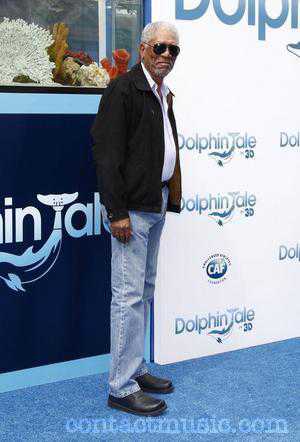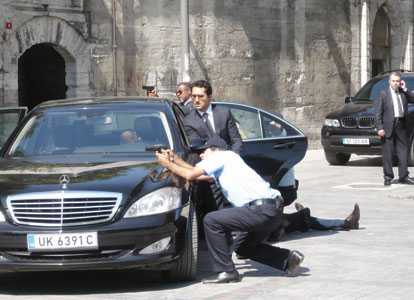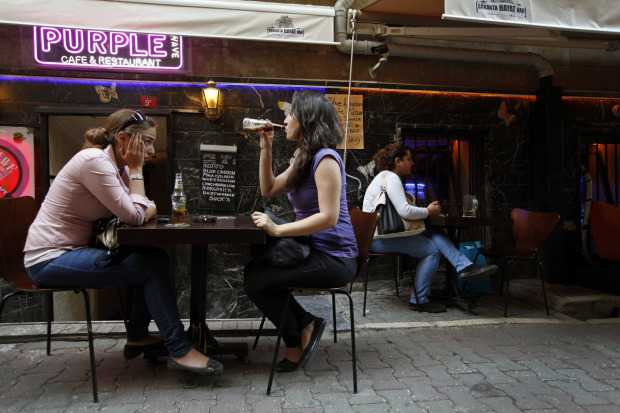Elif Kayaardı / October 06, 2011
How does beer and sausage sound? If you’re nodding, then read on.

Oktoberfest is a beer festival identified with its origin city Munich. It’s been celebrated in Germany and in many other countries all around the world with great enthusiasm.
The hometown of the festival hosted the well-renowned event with the participation of 6 million people during seventeen days from 17th of September to the 3rd of October this year. But don’t worry if you could not go to Bavaria to celebrate it! Oktoberfest is coming to Istanbul for the first time. All beer-lovers and the ones who carry the festival spirit gather at Parkorman on 9th of October to celebrate the first Oktoberfest in Istanbul!
If you can’t make it to Parkorman, get together with your friends and celebrate Oktoberfest at home. Order some chicken from Wienerwald and stock up on beer and let the fun begin!
The festival has kept all the details and authenticity of the Bavarian Oktoberfest. During the festival, you will be able to find Bavarian foods and beverages and dance to Fiddler’s Green, Can Bonomo, Multitap, and German Folk Music Band.
Oktoberfest Istanbul, organized by KafePi Group and Pepeevents, aims to bring thousands of people from different countries and cultures together in a fun, socio-cultural environment. The festival will also mark the first time that you will be able to find all the beers sold in Turkey in one place.
A quick lesson in history:
Oktoberfest’s tradition is based upon the marriage ceremony of Crown Prince Ludwig who later became King Ludwig I. When Prince Ludwig married Princess Therese of Saxony-Hildburghausen on 12th October 1810, the citizens were invited to celebrate the royal wedding at the festivity fields in front of the city gates. At the end of the celebrations, horse races were arranged. Later, it was decided that horse races would be held on an annual basis and this yearly festivity created the backbone of the Oktoberfest tradition. For many years, the horse races were accompanied by lots of eating and beer-drinking, but later on the tradition of holding horse races died and the modern understanding of Oktoberfest was born.
When: October 9, 12.00 PM
Where: Parkorman
How much: 25 TL; 15 TL (student)
via Oktoberfest Istanbul from The Guide Istanbul.





